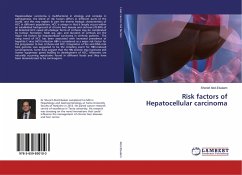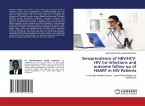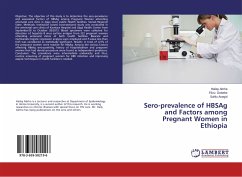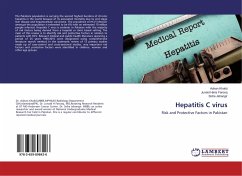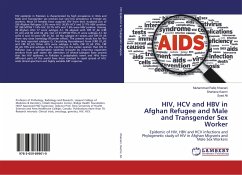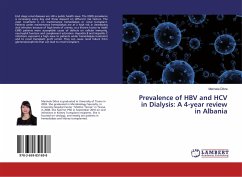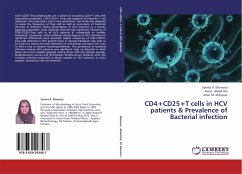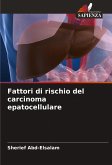Hepatocellular carcinoma is multifactorial in etiology and complex in pathogenesis, the blend of risk factors differs in different parts of the world, and this may explain in part the diverse biologic characteristics of HCC in different populations. HCC is unique in that it largely occurs within an established background of chronic liver disease and cirrhosis (70-90% of all detected HCC cases) All etiologic forms of cirrhosis may be complicated by tumour formation. Male sex, age, and duration of cirrhosis are the major risk factors for hepatocellular carcinoma in cirrhotic patients . The rising trend of HCC has been associated with increased prevalence of hepatitis C virus (HCV) infection HBV is considered as a major risk factor for the progression to liver cirrhosis and HCC. Integration of the viral DNA into host genome was suggested to be the initiating event for HBV-induced carcinogenesis. Some data suggest that the HBx protein may inactivate p53 (tumor suppressor gene) leading to development of HCC. Aflatoxins are naturally occurring mycotoxins found in different foods and they have been demonstrated to be carcinogenic.
Bitte wählen Sie Ihr Anliegen aus.
Rechnungen
Retourenschein anfordern
Bestellstatus
Storno

